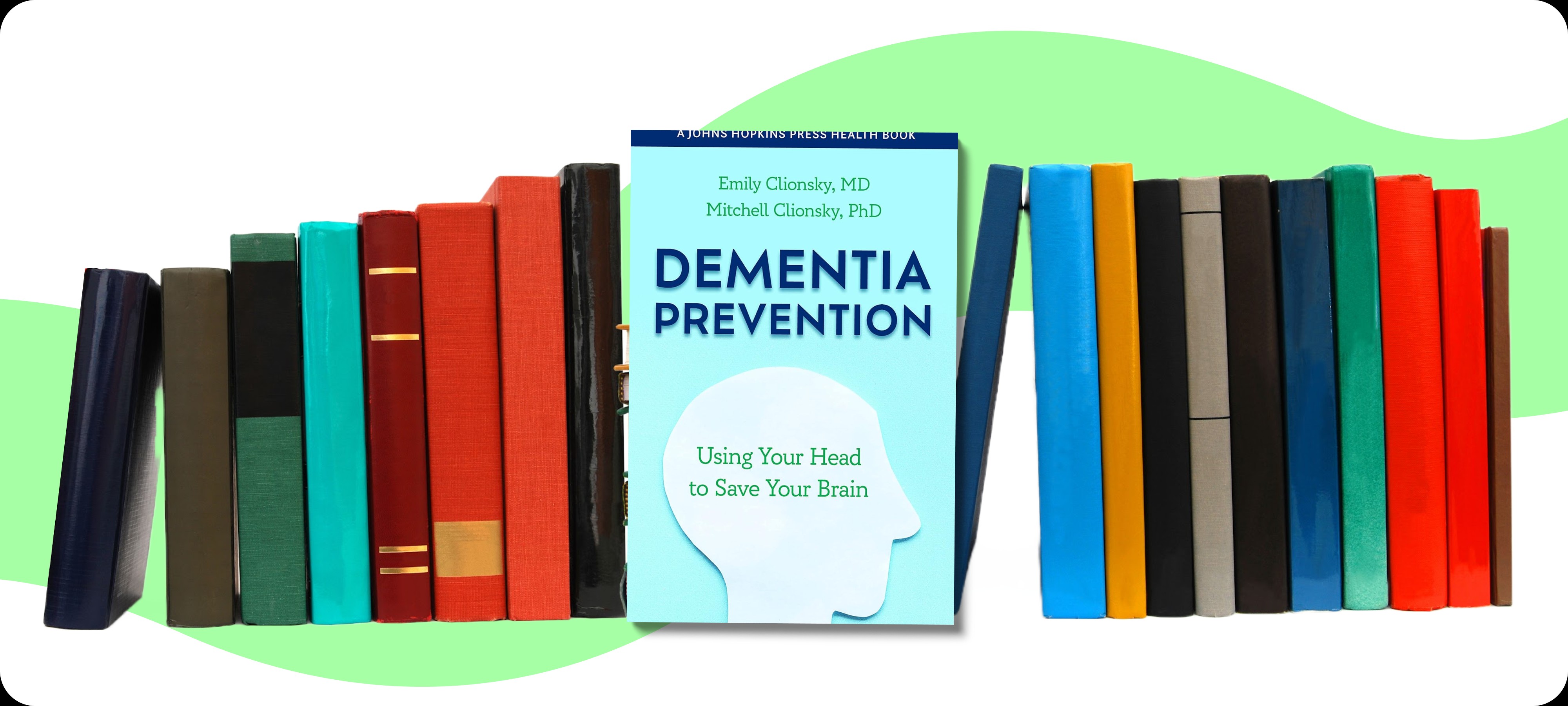In life, we’re constantly taught that the more work we do, the more chance we have of becoming successful. It’s a ‘life lesson’ that permeates every profession and working endeavour.
Whether you’re an aspiring entrepreneur, a university student or a professional athlete, chances are you’ve heard that ‘more work and less rest’ are the keys to success. However, new research suggests that rest is essential for our health and is vital for boosting productivity.
Studies show that sleep deprivation can result in poor job performance and productivity and slow career progression. Lack of sleep also increases the risk of work-related accidents and the number of sick days taken.
On the other hand, quality sleep improves our physical and cognitive health by allowing our bodies to recover while boosting our ability to focus for longer periods.
How does sleep affect productivity?

Sleep is essential to our health, well-being, and, you guessed it, our productivity. As we sleep, our bodies relax, our breathing slows, and our muscles have a chance to recover. In short, sleep rejuvenates our body and mind.
Moreover, sleep strengthens our immune system, boosts our cardiovascular health, and revives our souls. It allows us to clear our minds and helps us control our emotions.
Many people suffer from sleep deprivation, with some studies suggesting nearly one-third of Americans only get 6 hours. Lack of sleep leads to low productivity in the workforce too. In a 2007 study, 38% of American workers reported experiencing tiredness during work. This can be incredibly dangerous, especially if your job requires operating heavy machinery.
Lack of sleep can affect decision-making and memory, both crucial skills in most professions. Poor decisions lead to poor productivity, not to mention your long-wanted promotion going ‘bye-bye.’
One study published in 2014, showed that a whopping 70% of participants had frequent ‘micro-sleeps,’ resulting in a loss of cognitive arousal and responsiveness. This confirms that sleep deprivation can wreak havoc on your productivity and your career aspirations.
But more importantly, lack of sleep can lead to serious health conditions like depression and obesity and sleep disorders such as insomnia and sleep apnea.
Work-life balance, and productivity
After the COVID pandemic, many of us were forced to work from home or at least transition. For some people, the shift was easy, while others found it challenging. Instead of having clear lines between work and home, they were now blurred.
But it’s not just anecdotal; research that looked at 368 people showed that people who can mentally detach from work are much less likely to suffer the negative impacts of work-related stress. Furthermore, the study showed that detaching from work can reduce tiredness and even help you sleep.
Many jobs, such as freelancers, doctors, and those working from home, can now be reached 24/7. Emergency services workers are also hard hit by irregular shifts, which can blur the line and make balancing work and life difficult. Many of these workers suffer from sleep disorders such as sleep apnea and insomnia.
Interestingly, some of the largest disasters in the world were believed to be caused by lack of sleep. The Exxon Valdez oil disaster and the Chornobyl nuclear meltdown were two such catastrophes.
Five tips to boost your productivity


Regardless of your profession, being productive is not only critical to the success of your career but your health and well-being too. Here are five tips for a better night’s sleep and a more productive day.
1Evaluate your priorities
Many of us sacrifice our rest time to finish work. I know I’m guilty of it. Ask yourself, though, is sacrificing your sleep and rest time worth it in the long run?
This is especially true if you’re rushing to complete work just to sit down and watch TV. Is watching Netflix or YouTube at all hours of the morning productive? Or are you better off heading to bed?
2Talk to your boss
For many people, their irregular work hours may be causing sleep deprivation, which can lead to more serious sleep disorders like sleep apnea and insomnia. Discussing your working hours with your boss or HR department may lead to a suitable solution for both parties.
3Keep it real
Being realistic is important, and sleep is no different. Professionals like paramedics, firefighters, police, and nurses work irregular hours, including night shift. In these cases, revamping your life for better sleep is not easy. Instead, look for minor changes, like taking naps during the day and modifying your diet.
4Get a sleep routine
Sticking to a consistent sleep routine is one of the most effective ways to ensure you get a good sleep and boost your productivity.
A sleep routine should consist of:
-
Sleeping and waking at the same time.
-
Performing an activity before bed to relax. E.g. reading a book.
-
Enjoying a healthy snack like nuts and seeds, which are loaded with magnesium, to promote sleep.
-
Switching off all your electronic devices at least an hour before hitting the hay.
-
Keeping your room as dark as possible and limiting unwanted noise.
5Seek expert advice
If you’re having trouble getting to sleep, you should seek the advice of your local healthcare provider or a qualified sleep expert. These professionals can provide guidance and advice and help you evaluate areas in your life that might need modification.
Fun sleeping facts
-
Did you know that when you sleep at altitudes higher than 13,000 feet, you’re more likely to experience disturbances in your sleep? Scientists believe that lower levels of oxygen and changes in breathing are to blame. This is why professional athletes train at altitude weeks before a big event to help them acclimatize.
-
When sleeping, you’re continually burning calories, and in some instances, you can actually lose over 1lb or half a kilogram of body weight.
-
While we’re sleeping, our brain automatically filters out noises that may cause us to wake up. Amazingly, it filters out noises suggesting we are not in danger. Now, that’s what I call a natural security system.
Sleep and productivity: sum it up

So, is more sleep necessary to be productive? You bet it is. As outlined in this article, longer and better sleep improves physical and mental performance, boosts short and long-term memory, and makes you more productive.
Long gone are the days of ‘bragging’ about how little you sleep and how much you work. The fact is, getting ample sleep and prioritizing rest days are key to your work performance and quality of life.
Remember, although you may be using your sleep time to be productive, in the long run, it will come back and bite you in the butt. So close your laptop, put on some relaxing music, and let your mind wander.
Want to learn more?
Neuroscientist Andrew Huberman talks to Lex Fridman and shares some important tips for getting a good night’s sleep, improving cognitive health, and, more importantly, productivity. It turns out that sleeping and waking up at the same time are critical for boosting productivity. Watch this fascinating and informative clip.










